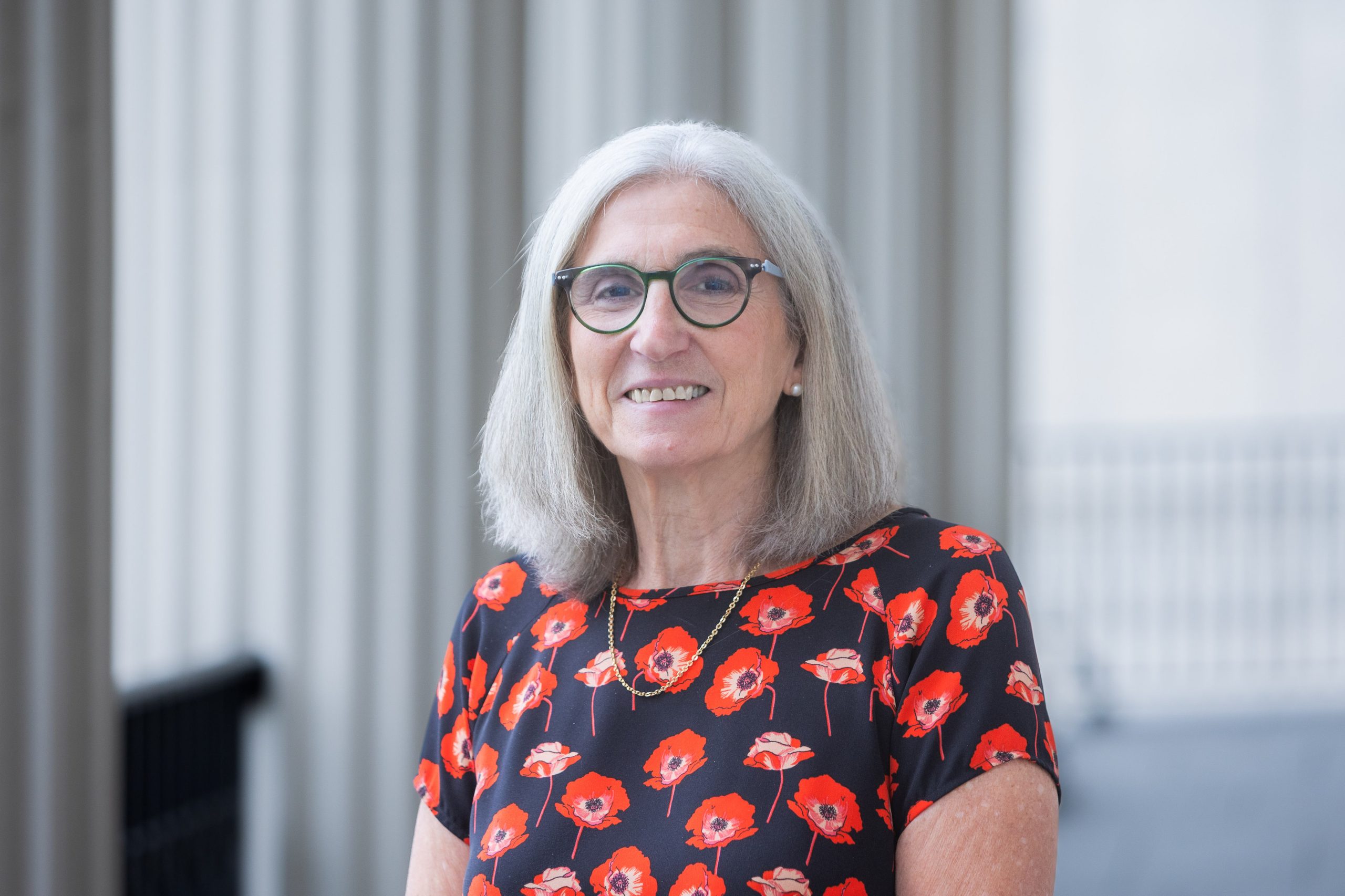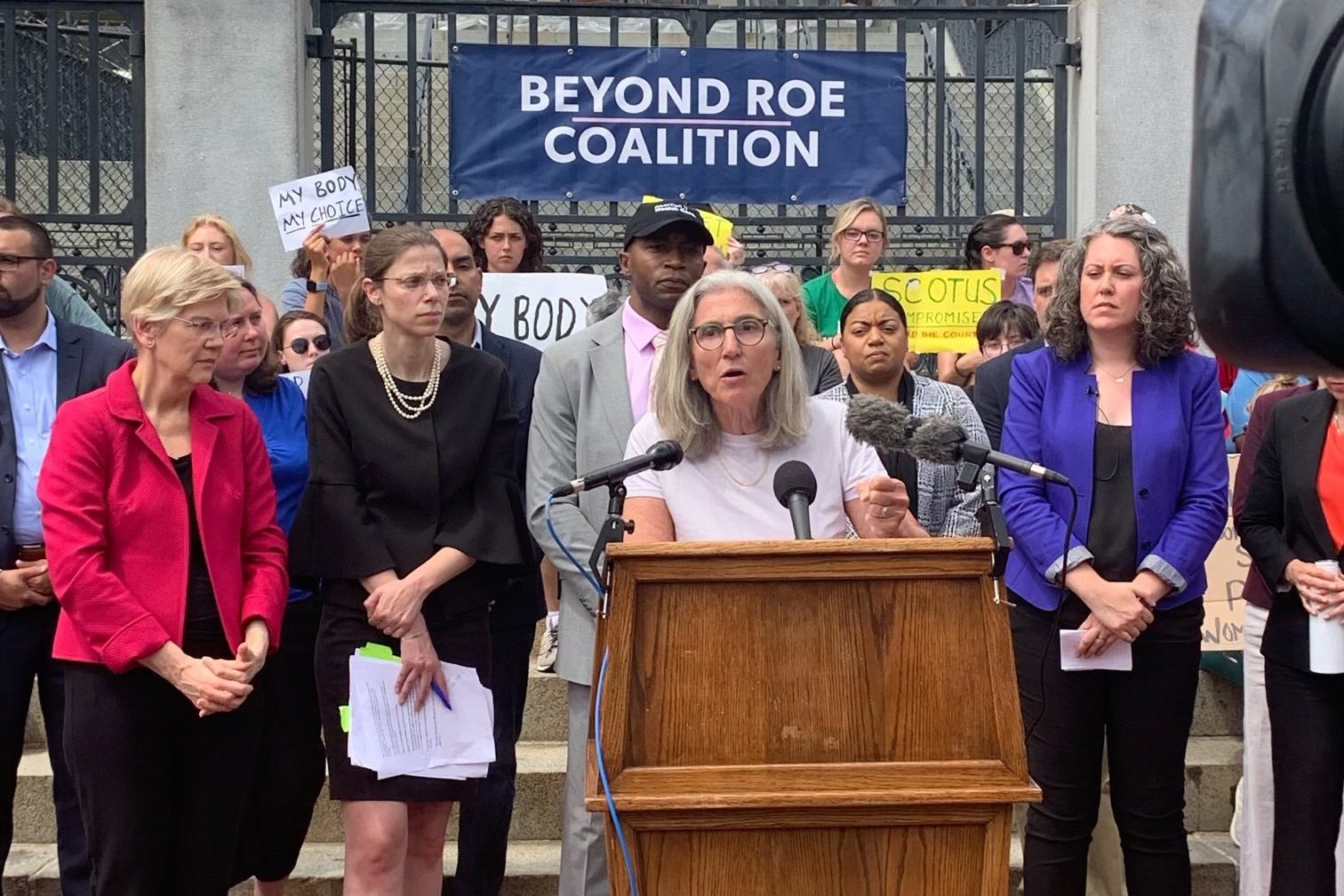State senators on Thursday introduced a bill that would require that patients suffering acute mental health symptoms get treatment without waiting for prior authorization, roll out a pilot program for tele-psychiatry in schools and implement other reforms to improve access to behavioral health services.
“Mental health care has long been treated as the lesser step-child of the health care system,” said Sen. Cindy Friedman, an Arlington Democrat and one of the authors of the bill. Friedman, who has spoken out about her child’s mental health treatment, described the system as disconnected, difficult and expensive in its current form. “For many families with loved ones in need of mental health care, finding that care is impossible,” she said.


